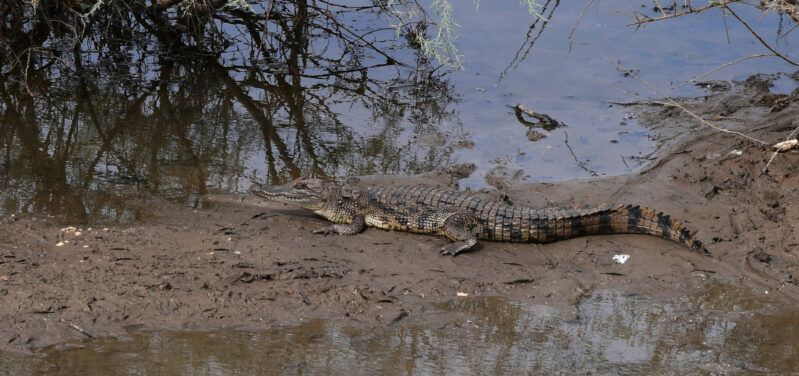
PORBIOTA/LifeWatch Portugal has made available a new vertebrate observation and distribution dataset of North and West Africa, which is now accessible through the Global Biodiversity Information Facility and GBIF.PT.
The dataset comprises information on fishes, amphibians, reptiles and mammals mostly from the deserts and arid regions of North and West Africa, especially from the Sahara and Sahel ecoregions, including Algeria, Burkina Faso, Chad, Egypt, Guinea-Bissau, Libya, Mali, Mauritania, Morocco, Niger, Senegal and Tunisia. It also includes a few scattered observations from Armenia, Greece, Iran, Malawi, Portugal, Spain, and Turkey.
These data span a temporal scope of about 18 years (1999 to 2017), and were collected by the BIODESERTS Research Group of the Research Centre in Biodiversity and Genetic Resources-Research Network in Biodiversity and Evolutionary Biology (Associate Laboratory), University of Porto (CIBIO-InBIO), under the coordination of José Carlos Brito, who also has credit for the photograph.
Records were obtained mainly using random sampling procedures, by visual encounter surveys. The species’ identification was confirmed by molecular marker analyses and observations were published in scientific journals. It was possible to identify an overall 5 364 occurrence: 2 493 for Reptilia, 1 838 for Mammalia, 794 for Amphibia and 239 for Actinopterygii.
For more information and data set please click here.